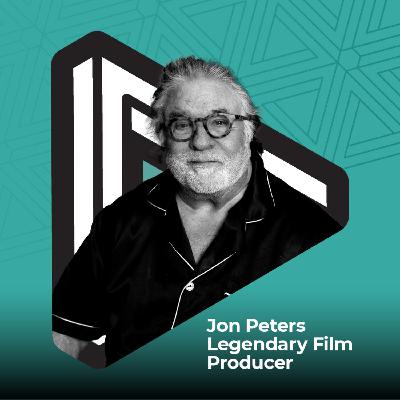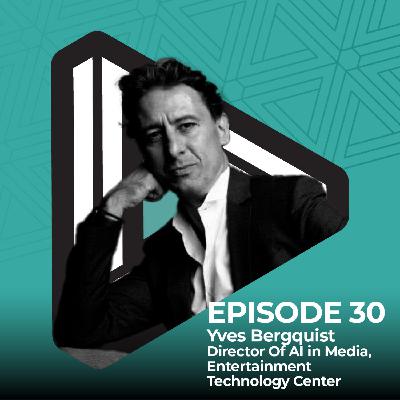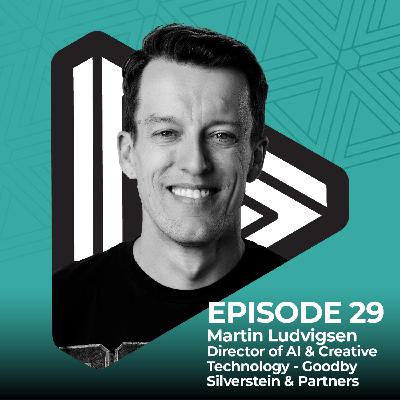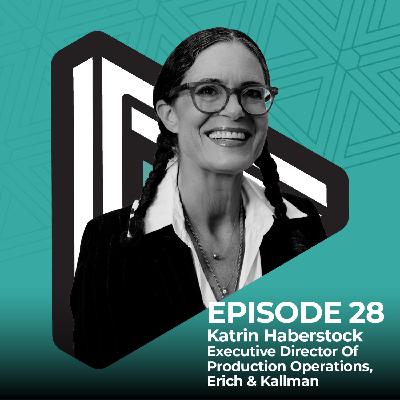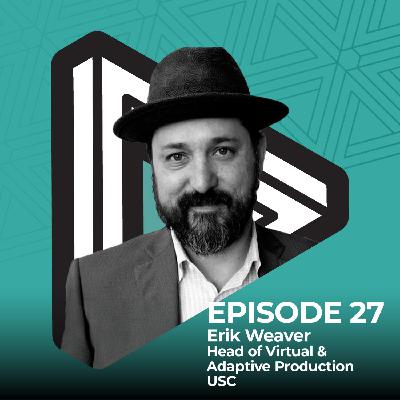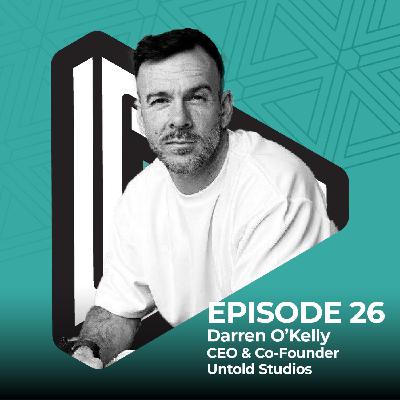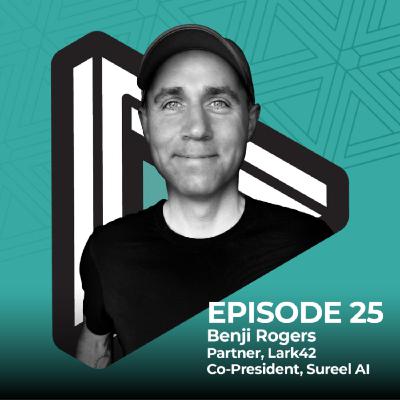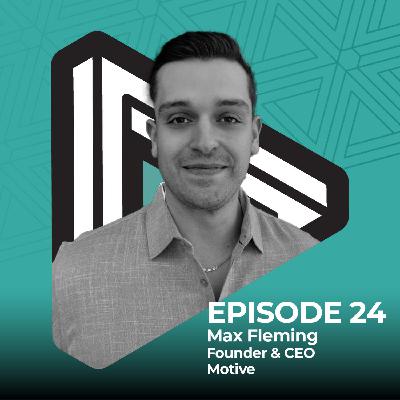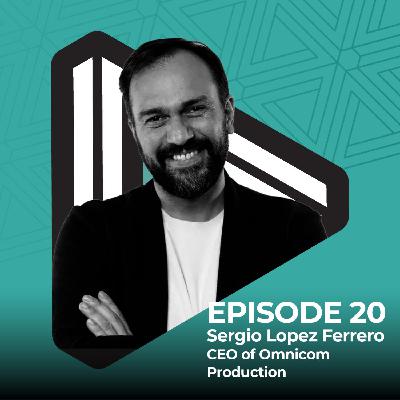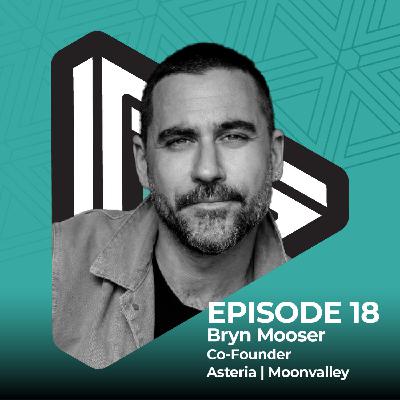
Technically Creative by KoobrikLabs
Author: Orlando Wood
Subscribed: 12Played: 27Description
Technically Creative by KoobrikLabs explores how technology and AI are transforming the creative industries.
In a world where creativity and technology increasingly intersect, artists, designers, and storytellers need to embrace new tools to streamline workflows, eliminate inefficiencies, and unlock their full potential.
How can AI enhance the creative process without replacing the human touch?
What emerging technologies are reshaping content production?
How can creative teams stay ahead in a tech-driven landscape?
These are the questions that our host, Orlando Wood, seeks to answer on this show.
In each episode, we sit down with leaders from media, entertainment, publishing, advertising, and beyond to uncover how they’re leveraging technology to elevate creativity and solve industry-specific challenges.
You can learn more about Koobrik Labs at KoobrikLabs - KoobrikLabs
045657








